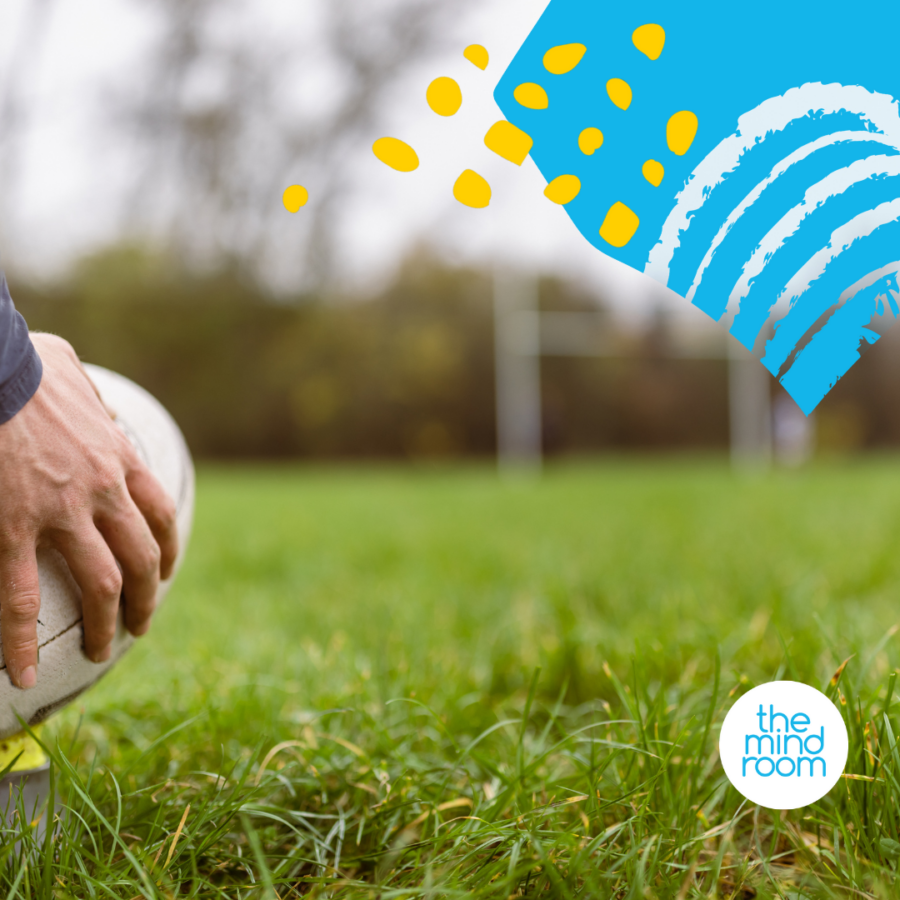Balancing Performance and Wellbeing

If you’re someone who strives to perform at your best, whether in sport, work, or life, you’ve probably noticed how tricky it can be to balance performance and wellbeing. It’s easy to get caught up in doing everything you can to improve, meet high standards, and chase that next goal. But while that drive can fuel success, it can also come at a cost if your wellbeing slips down the priority list.
The Connection Between Performance and Wellbeing
Performance and wellbeing are closely linked, they feed into each other in both directions. When you’re feeling low, stressed, or distracted, your performance can take a hit. Think about the last time you had an argument with a friend and then struggled to focus at work or during training.
And the reverse is also true, when you’re performing well, it’s easier to feel optimistic and confident. A good game, a productive day, or a creative breakthrough can lift your mood and motivation. But when things don’t go so well, frustration or self-doubt can easily creep in.
Finding balance between these two worlds isn’t about completely separating them, “leaving it at the door” is often unrealistic. Instead, it’s about managing the influence they have on each other, so one doesn’t completely overshadow the other.
- Set Meaningful Goals
Goal setting can help you direct your focus and energy where it matters most. Clear, achievable goals boost motivation and create structure. Whether you’re working towards a personal best or a big project milestone.
Good goals also help you manage your time more effectively. When you know what’s most important, you can dedicate effort to performance tasks without letting them take over time meant for rest, connection, or other activities that support your wellbeing.
- Live Your Values
Knowing what truly matters to you (your values) can be a powerful anchor for both performance and wellbeing. Your values help define who you are, who you want to be, and how you want to show up in the world.
When you live in line with your values, you focus less on outcomes and more on the process, the daily actions that reflect who you are. That sense of alignment brings purpose and fulfillment beyond results or achievements.
- Prioritise Self-Care
Setting aside intentional time for self-care isn’t indulgent, it’s essential. When you proactively make space for rest, recovery, and joy, you’re building the foundations of your wellbeing.
Reactive self-care (like only resting when you’ve hit burnout) can still help in the moment, but it’s less sustainable. Intentional self-care, on the other hand, allows you to recharge consistently, so you can show up as your best self more often.
- Lean on Your Support System
You don’t have to do it all alone. Knowing who’s in your support network, and actually reaching out when you need to, makes a huge difference. Your support system might include family, friends, mentors, coaches, or health professionals.
Stay connected with them regularly, not just in moments of crisis. Trusted feedback, encouragement, and genuine connection can help you keep perspective and navigate challenges with more confidence.
Finding balance between performance and wellbeing isn’t about perfection, it’s about awareness, intention, and small, consistent actions. When you take care of yourself, your performance naturally benefits too.
If you’d like support in strengthening both your performance and wellbeing, our team of psychologists and performance coaches can help. Explore our individual and team services or get in touch to find the right fit for you.





